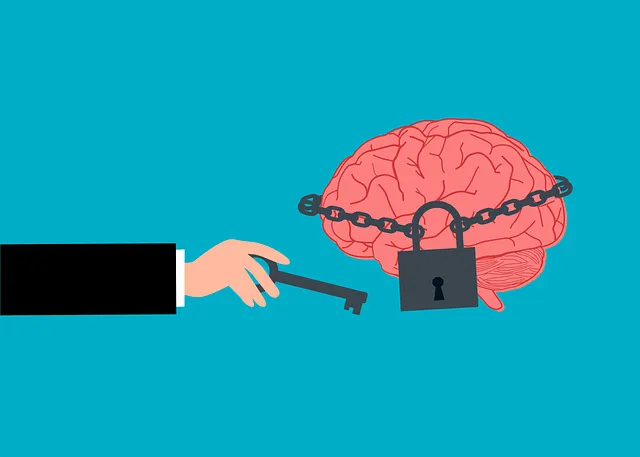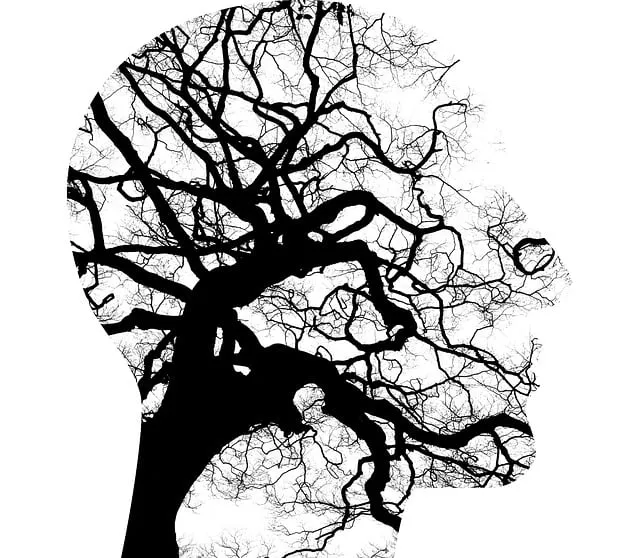Lone Tree Kaiser Permanente Mental Health Center prioritizes community outreach to enhance local mental wellness. Through partnerships, tailored risk assessments, and coaching programs, they address diverse needs, reduce stigma, and foster early intervention. Their workshops on self-care, emotional regulation, and anxiety relief, coupled with interactive elements, prove effective per positive reviews. The center's strategic practices include public awareness campaigns, social skills training, and positive thinking strategies to improve mental health outcomes and create an inclusive environment, as highlighted by the Lone Tree Kaiser Permanente mental health center reviews. Measuring KPIs related to mental health awareness and emotional well-being promotion techniques is crucial for refining their outreach programs based on community needs and feedback from the favorable Lone Tree Kaiser Permanente mental health center reviews.
Community outreach programs play a pivotal role in bridging the gap between healthcare services and those who need them most. This article explores the transformative impact of such initiatives at the Lone Tree Kaiser Permanente Mental Health Center, focusing on understanding community needs, designing impactful programs, and measuring outcomes through reviews. Discover best practices and strategies that have enhanced mental health support for the local community, as evidenced by successful Lone Tree Kaiser Permanente mental health center reviews.
- Understanding Community Outreach: Why It Matters for Lone Tree Kaiser Permanente Mental Health Center
- Designing Effective Programs: Strategies and Activities for Impact
- Implementing Outreach Success: Best Practices and Lessons Learned from Reviews
- Measuring Outcomes: Evaluating the Effectiveness of Community Engagement Initiatives at Lone Tree Kaiser Permanente
Understanding Community Outreach: Why It Matters for Lone Tree Kaiser Permanente Mental Health Center

Community outreach is a vital strategy for Lone Tree Kaiser Permanente Mental Health Center to engage and support its local community’s mental wellness. By reaching out to diverse populations, the center can address the unique challenges faced by individuals in the area, fostering an environment where mental health services are accessible and accepted. This approach ensures that the center’s efforts extend beyond traditional patient care, contributing to the overall well-being of Lone Tree and its surroundings.
Outreach programs allow the mental health center to educate community members about various aspects of mental wellness, dispel misconceptions, and reduce stigma. Through partnerships with local schools, community centers, and faith-based organizations, the center can implement effective risk management planning for mental health professionals by conducting risk assessments tailored to the needs of different groups. Additionally, these initiatives may include developing mental wellness coaching programs that empower individuals to take charge of their mental health, complementing traditional therapy models. Lone Tree Kaiser Permanente Mental Health Center reviews often highlight the positive impact of such outreach efforts, as they foster a supportive network and promote early intervention for those in need.
Designing Effective Programs: Strategies and Activities for Impact

Designing impactful community outreach programs requires a strategic approach to effectively address mental health concerns. Lone Tree Kaiser Permanente mental health center reviews highlight successful initiatives that focus on engaging and empowering individuals with practical tools for well-being. One key strategy is offering workshops and educational sessions centered around self-care routine development, emotional regulation techniques, and anxiety relief strategies. These activities foster a sense of agency among participants, enabling them to proactively manage their mental health.
Additionally, incorporating interactive elements such as group discussions, mindfulness exercises, and creative outlets can enhance program effectiveness. By tailoring these initiatives to the specific needs and interests of the community, outreach programs become more inclusive and impactful, positively influencing the overall mental well-being of participants, as evidenced by favorable Lone Tree Kaiser Permanente mental health center reviews.
Implementing Outreach Success: Best Practices and Lessons Learned from Reviews

Implementing successful community outreach programs requires a strategic approach, as highlighted by reviews from various initiatives, including those at the Lone Tree Kaiser Permanente mental health center. One key practice is fostering public awareness campaigns that educate and dispel myths surrounding mental health. Engaging the community in conversations about mental well-being can reduce stigma and encourage individuals to seek support.
Additionally, incorporating social skills training and promoting positive thinking strategies have proven beneficial. These activities empower individuals with coping mechanisms and enhance their overall mental resilience. Reviews suggest that by combining these best practices, organizations like Lone Tree Kaiser Permanente can effectively reach and support diverse community members, leading to improved mental health outcomes and a more inclusive environment.
Measuring Outcomes: Evaluating the Effectiveness of Community Engagement Initiatives at Lone Tree Kaiser Permanente

Measuring Outcomes plays a pivotal role in gauging the success and impact of Community Outreach Programs implemented at Lone Tree Kaiser Permanente mental health center. By evaluating the effectiveness of engagement initiatives, the center can ensure that its efforts align with the needs of the community it serves. This involves tracking key performance indicators (KPIs) related to Mental Health Awareness and Emotional Well-being Promotion Techniques. Regularly analyzing data from these metrics helps in identifying areas of success and pinpointing aspects requiring improvement.
For instance, the center might measure the number of individuals reached through outreach programs, their satisfaction levels, and the uptake of available Trauma Support Services. Positive outcomes could indicate successful Mental Health Awareness campaigns that have empowered community members to prioritize emotional well-being. Such evaluations are essential for refining strategies, fostering continuous improvement, and ensuring that Lone Tree Kaiser Permanente’s initiatives remain impactful and relevant in addressing the mental health needs of the local population.
Community outreach programs have proven to be transformative tools for organizations like the Lone Tree Kaiser Permanente Mental Health Center. By understanding the local community’s needs, designing engaging activities, and implementing best practices, the center can effectively reach and support those in need. The success of these initiatives is evident in the positive outcomes measured through reviews, highlighting the impact on mental health awareness and access to care in the Lone Tree Kaiser Permanente mental health center reviews. This approach not only enhances community engagement but also strengthens the relationship between healthcare providers and their patients, fostering a healthier and more resilient community.






